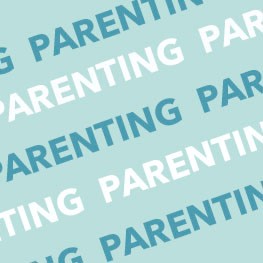
Making friends sounds as simple as child's play, but if you watch any young child, you'll see how hard it really is. Experts agree that learning social skills is one of the most difficult developmental tasks a child faces and one of the most critical for future success in life.
According to Cameron Barr, a Chartered Psychologist with Able Child Resources Services in Calgary, there are three basic skills every parent should pass on to their children: Cooperation - the ability to work with others; Kindness and Understanding - the ability to understand others’ feelings; and Communication Skills - the ability to be able to express oneself in a clear manner. “Each of these are best learned in your child's daily environment through modeling and teaching.” He adds, “involving your children in peer and community activities to enhance these skills will encourage further development.”
As a parent, there are some subtle ways to help the friendship process along.
• Open your home to their friends and encourage your child to join a group of kids with similar interests.
• Try to leave some free time during the week so your child has the time for friendships to develop.
• Allow a reasonable amount of telephone and computer time, as it's often easier for kids to talk on the phone or Facebook than in person.
• Positive group involvement often prevents the need for kids to get involved in a group whose interests are negative. So help your child get involved with positive groups such as sports, scouts, hobbies or church.
Even with everyone's best efforts, one day your child may come home howling “nobody likes me.” If that happen, Joan Craven, author of “Help School Starts in September” offers this sage advice: “Most parents tend to take this personally and feel it is something they have done to make their child so unpopular. The guilt is enormous so they want to "fix" it immediately. Parents can't and shouldn't. Joan offers these tips to try instead:
• Listen carefully to what he is saying. Acknowledge his feelings without judging his actions.
• If the comments are frequent, phone the teacher and make an appointment to discuss it.
• Listen to the teacher and don't defend your child - you want to form a partnership to alleviate the problem as soon as possible. Be prepared to hear things that may not please you.
• Discuss with your child the incidents and then give suggestions or act out how he could handle the situation differently.
• Make your home a welcome place for other children.
• Forming friendships takes time and effort; make sure you talk about relationships you have and how they are give-and-take.
• While parents can't take the hurt away they can let their children know how much they love them and that they are great kids.
• Say "I love you" daily and point out one of their many positive personality traits. One friend can make a difference. If your child has no friends, seek the help from a teacher to link them up with a good playmate. One positive experience may be enough to renew your child's confidence and make having friends as easy as child's play.
Calgary’s Child Magazine © 2024 Calgary’s Child